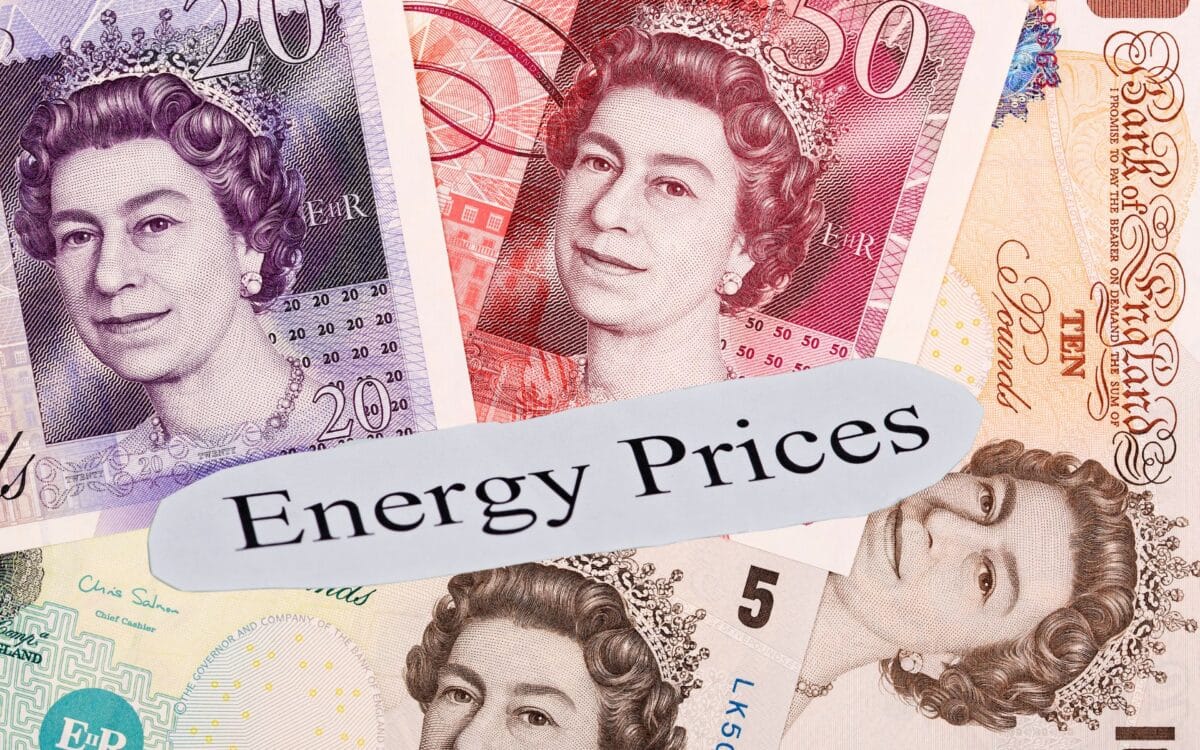Millions of UK households are expected to see a decrease in energy bills starting this July, following forecasts of a reduction in the national energy price cap. The announcement comes amid continued shifts in wholesale energy markets and ongoing efforts by regulators to adapt pricing frameworks to volatile supply conditions.
According to Manchester Evening News, the upcoming changes are likely to influence how much households pay on a monthly basis, though the structure of the cap remains unchanged. While the precise impact on individual bills will vary, the general direction of energy price adjustments points toward cautious optimism across the sector.
Energy Bills to Fall by £129 for Average Users
Analysts at Cornwall Insight project a 7% drop in the energy price cap, which would reduce the average household bill by £129, from the current level of £1,849 to approximately £1,720 per year.
This change is expected to take effect when Ofgem, the UK’s energy regulator, confirms its next update on Friday.
This comes after three consecutive increases in the cap since 2023, which have kept prices elevated during a prolonged period of market instability. The expected decline represents the first notable relief for households in over a year.
How the Price Cap Works
The energy price cap, introduced in January 2019, limits the unit rate suppliers can charge for each kilowatt-hour (kWh) of electricity and gas, as well as standing charges. It does not cap the total amount a household can be billed — consumers still pay in proportion to the energy they consume.
Ofgem reviews and adjusts the cap every three months, based on movements in wholesale energy prices, network charges, and other market dynamics.
Global Market Trends and Geopolitical Influences
The projected price drop has been linked to a fall in global gas and oil prices, partly driven by shifts in international trade policy.
Recent aggressive tariff measures by former US President Donald Trump are believed to have indirectly contributed to a reduction in energy commodity prices, by curbing demand and unsettling international supply chains.
This external market correction has created more favorable conditions for energy importers like the UK, temporarily relieving pressure on retail pricing.
Further Declines Likely, but Not Yet Significant
Cornwall Insight anticipates a “modest drop” in October, followed by a similar adjustment in January 2025, if current market conditions persist. These sequential reductions suggest a slow return toward more stable household energy costs.
Yet experts remain cautious about the long-term implications. Despite the downward trend, prices remain significantly above pre-2020 levels, and many households continue to face affordability issues.
Expert Commentary From Cornwall Insight
Craig Lowrey, principal consultant at Cornwall Insight, commented:
The fall in the price cap is a welcome development and will bring much-needed breathing space for households after a prolonged period of high energy costs.
It’s a step in the right direction, but it should be taken in context.
Prices are falling, but not by enough for the numerous households struggling under the weight of a cost-of-living crisis, and bills remain well above the levels seen at the start of the decade.
As such, there remains a risk that energy will remain unaffordable for many.









